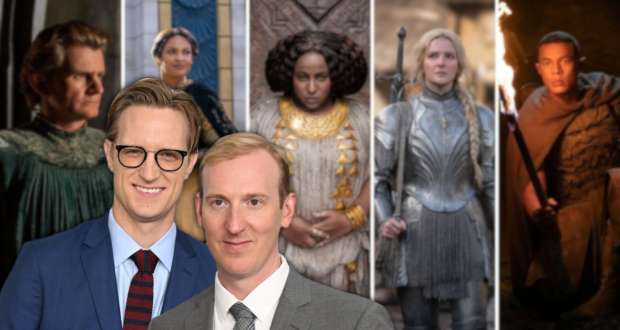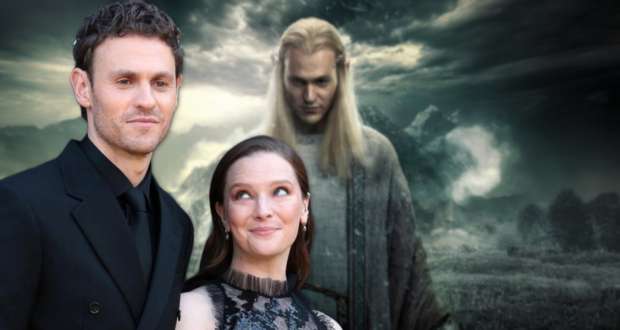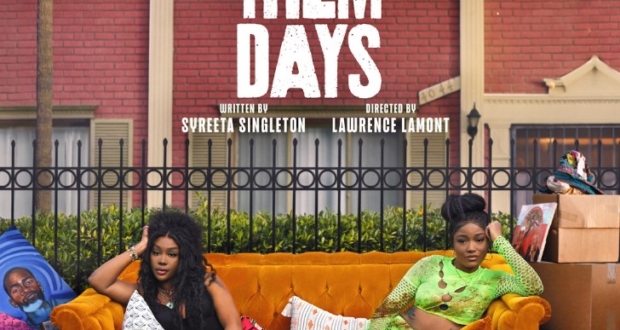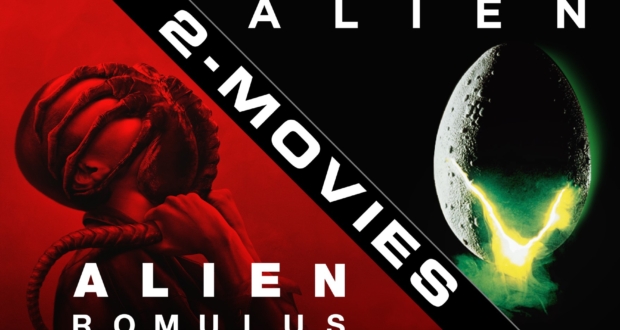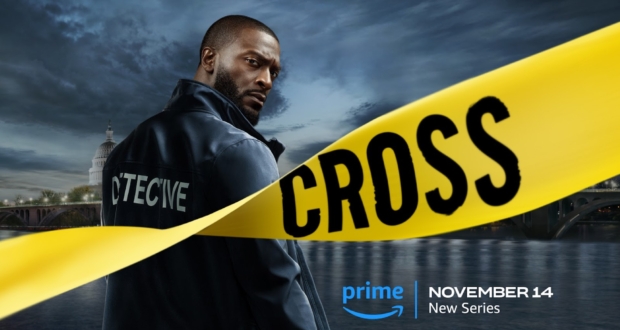I found this interesting little article on the history of Asian film making and how it has influenced the western entertainment industry. A really good read, but Bubba would be better to critique it than I would. Anyway, here’s an excerpt from the article found at CHUD:
It can be argued that the origins of today’s Asian influence in Tinseltown can be traced all the way back to the Chinese art of Peking Opera. An entertainment form rising to prominence during China’s Ming dynasty, Peking Opera mashed together music, dance, acrobatics and acting. It was also partly responsible for the further development of Chinese martial arts (an instrumental component of many Peking Operas), and by association the later evolution of Hong Kong’s kung fu cinema, thanks to one all-important element: actors pretending to wallop each other.
As the movie industry grew in Hong Kong, more and more Peking performers exited stage left in favor of literally jumping in front of the camera. In fact, one notoriously punishing Peking Opera academy would produce a trio of talented entertainers that would go on to reign supreme at the Hong Kong box office: Samo Hung, Yuen Biao, and Jackie Chan.
One of the most important subjects in Peking Opera and early Hong Kong film was Chinese folk hero Wong Fei Hung, a venerated real-life martial arts master and chivalrous warrior of the 1800s. Wong Fei Hung’s embellished exploits have been the subject of well over a hundred movies (most often starring Kwan Tak Hing, Hong Kong’s first real action star), from the foremost true instances of martial arts films right up to more recent tales such as Drunken Master, Iron Monkey and the Jet Li Once Upon a Time in China series. The legend of Wong Fei Hung would ultimately have a greater effect on Asian cinema than all the combined contusions and bruises administered by Bruce Lee.
You can read the entire article here.


